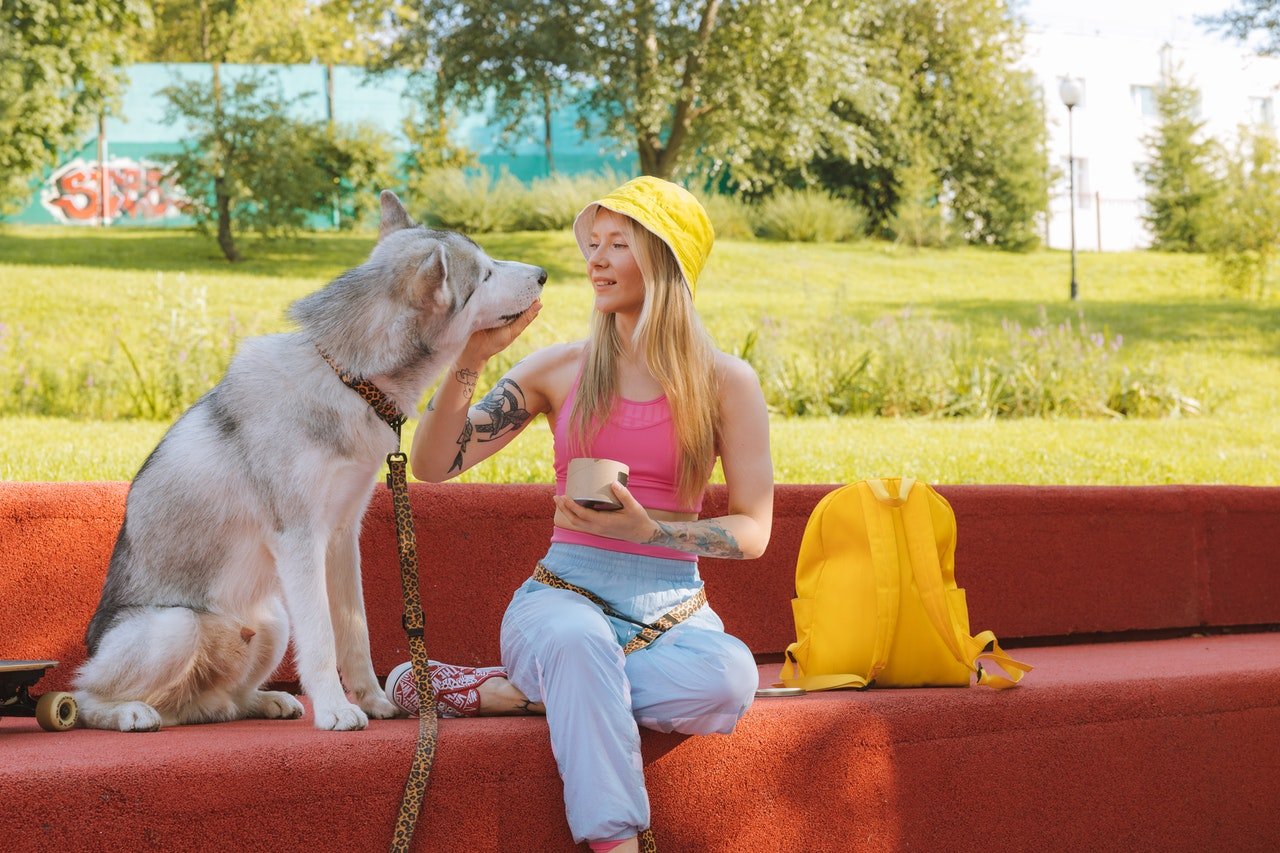If you’re like most people, you probably don’t have the time or energy to train your dog while also juggling work and other responsibilities. Deciding to Board and Train your dog in Boise can be a great solution for busy pet parents. Not only will it give your dog the attention and exercise he needs, but it can also help him learn good manners and obedience skills. But what age should a dog be boarded and trained?
Typically, it’s best to wait until your dog is three months old before enrolling him in a boarding and training program. This will give him time to complete the puppy shots regimen, get used to being away from you, and learn to follow basic commands. It’s also essential to ensure that the boarding and training facility you choose is reputable and experienced in working with dogs of all ages.
When is the Best Time to Board and Train Your Dog?
Reputable dog boarding and training facilities have minimum age requirements for their programs. Understanding these requirements will help you choose a suitable facility for your dog.
Most dog care experts agree that the best time to board and train your dog is when he’s between 3 and 8 months old. At this age, puppies are typically more receptive to learning new things and less likely to get homesick while away.
Some facilities will emphasize that you take your dog after completing the “puppy” shots regimen, typically around 12 weeks. If you have an older dog, don’t worry – many facilities offer boarding and training services for dogs of all ages.
Responsible dog boarding facilities will require you to produce proof that your dog meets the age requirement for the program and that he is up-to-date on his vaccinations. Some facilities may also need a negative fecal exam within the past 6 months to ensure that your dog is free of parasites.
Be cautious if you come across a facility willing to take your very young puppy. The age restrictions are in place for a reason – to protect the health and safety of all the dogs in the facility.
What You Need to Know Before Boarding and Training Your Dog
Boarding and training your dog is crucial in molding him into a well-behaved adult dog. However, enrolling the young one in a dog care facility requires you to be vigilant. Understanding the few aspects involved will ensure the process goes smoothly and successfully. Here are a few things to consider if you’re thinking about boarding and training your dog:
Your Dog’s Age
As we mentioned, it’s best to wait until your dog is at least three months old before enrollment in the program. This will give him time to get used to being away from you, learn how to follow basic commands, and receive the necessary vaccinations. Remember, at this tender age, the possibility of the puppy getting sick is very high. Waiting for him or her to complete the puppy shots regimen, and vaccinations will minimize the chances of this happening.
Talking to a Vet Before Boarding and Training
It goes without saying that you’ll need to take your pup to the vet for a checkup before boarding him. This will help you rule out any health issues that could make the boarding and training process more difficult. The vet will also be able to provide you with any necessary paperwork, such as vaccination records.
Boarding and Training Facility Vigilance of their Requirements
When you visit a boarding and training facility, they will have their requirements that must be met before your pup can be enrolled. A reputable facility will be upfront about the vaccinations and the age requirements for their program. If your facility of choice decides to compromise, be wary – this could be a sign of trouble.
Research Must Be Done on Boarding and Training Facility
Before deciding on which facility you’ll board and train your pup, do your research. Read reviews, talk to other dog owners, and get recommendations. Once you’ve narrowed down your choices, visit the facility in person to get a feel for the environment and see if it’s a good fit for your pup.
Bringing a dog into the family is a big responsibility that should not be taken lightly. If you don’t have the time to commit to training your dog, or if you’re not confident in your ability to do so, consider enrolling him in a boarding and training program. Ensure he or she meets the age requirements and is up-to-date on all vaccinations. Do your research to find a reputable facility, and you’ll be well on your way to having a happy and well-behaved dog.
